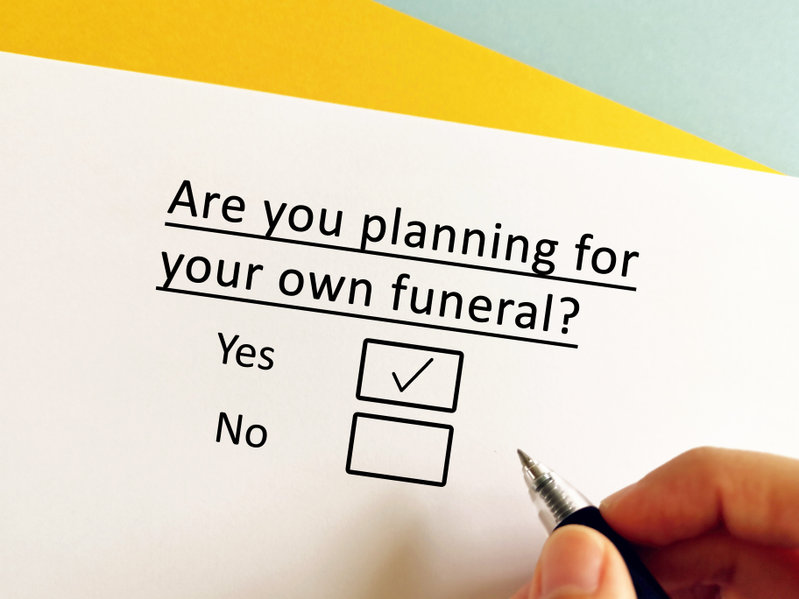Planning a funeral is not necessarily a “fun” experience, but it can be if you plan ahead, take into account your own preferences, and leave a funeral plan for your family. This will also take the burden off your family; they won’t need to get into the logistics of funeral planning during the death of their loved one.
How can you plan your own funeral and what to include?
Some of the arrangements you should consider in your funeral plan include the cost of the funeral, specific details of your funeral ceremony, and whether to be buried or cremated. But there are some unique funeral ideas which you can include such as:
- Having a themed memorial;
- Unique dress code;
- Host a scattering ceremony;
- Create a memory area;
- Hand out favors;
- Release balloons, birds, or butterflies; or
- Have a firework display.
Some people have even gone so far as to detail the agenda of the day of the funeral ceremony, listing exactly how they want the day of their funeral to go. For example, a funeral service followed by a graveside sunset service or a service at the crematory.
Another very important detail you should include is the location of the service, as well as the location of the gravesite, if you would like to be buried. And if you would like to be cremated, you can specify whether you want your ashes to be spread out in a particular location or kept in a specific place or with a specific individual.
Finally, you can plan who you would like to attend your funeral or service, especially if these people are not individuals who your close family would think to contact.
Planning your own funeral may seem intimidating, but it gives you the freedom to specify exactly how you want certain things to be after your death, and removes the burden from your family at a time where grief can be excruciating.
EPGD Business Law is located in beautiful Coral Gables, West Palm Beach and historic Washington D.C. Call us at (786) 837-6787, or contact us through the website to schedule a consultation.
*Disclaimer: this blog post is not intended to be legal advice. We highly recommend speaking to an attorney if you have any legal concerns. Contacting us through our website does not establish an attorney-client relationship.*


